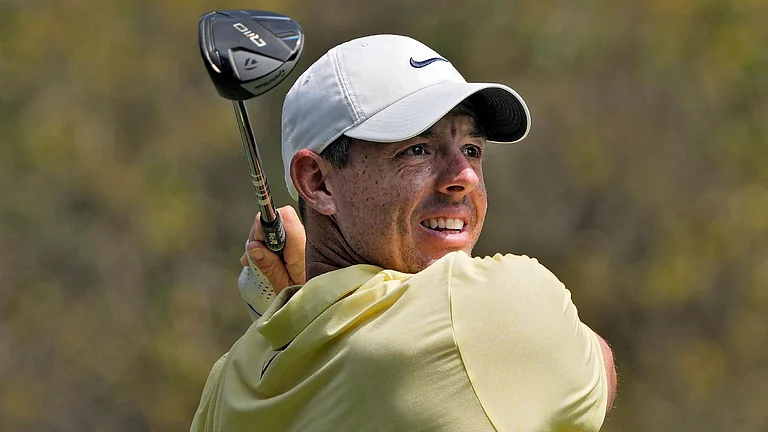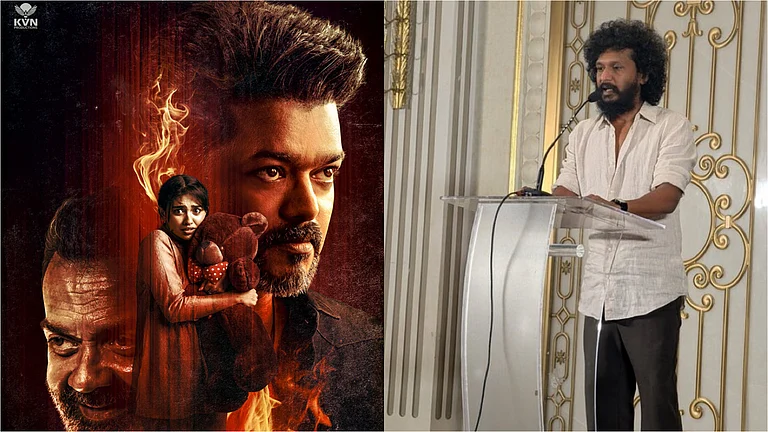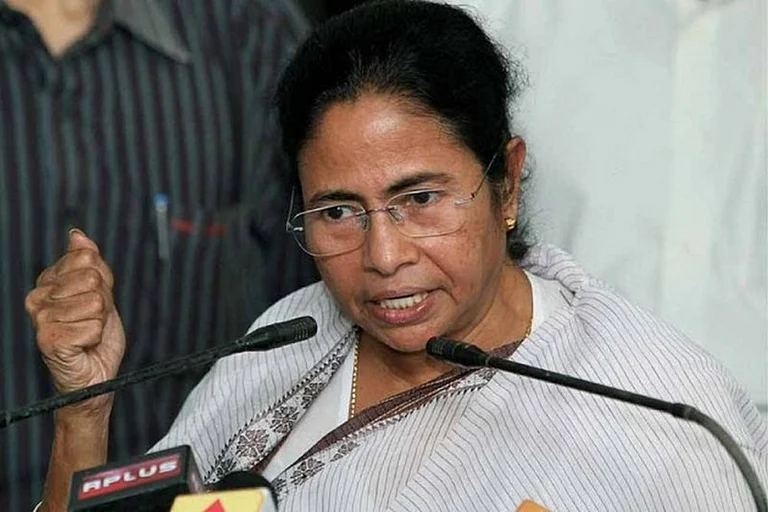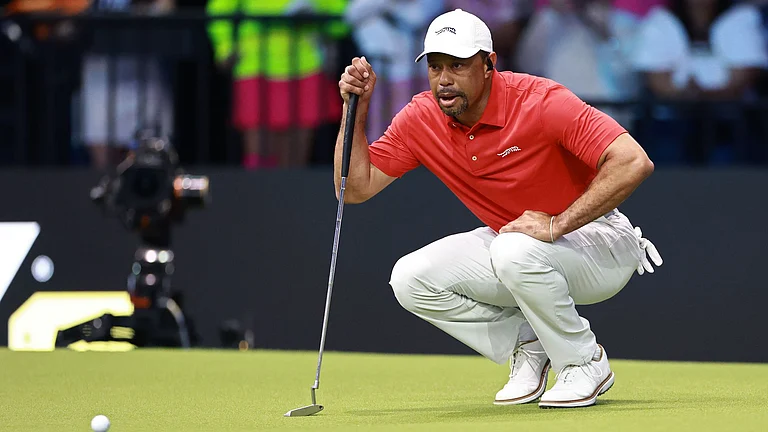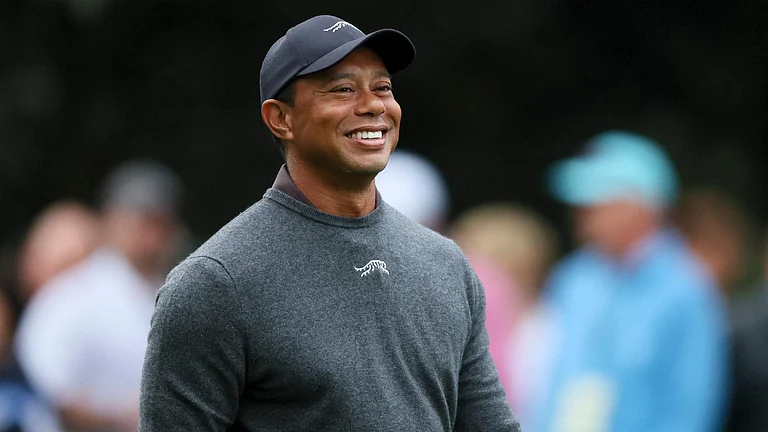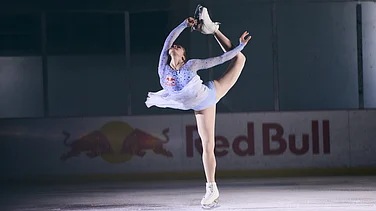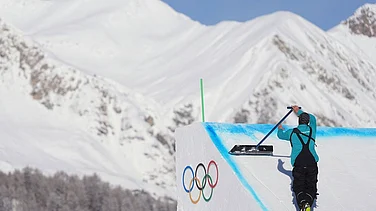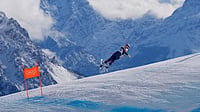Golf after the peak years of Tiger Woods is just like it was before that “Hello, world” moment when he arrived. (More Sports News)
There was no shortage of talent or even rivalries.
No dominant figure, either.
Nick Faldo and Greg Norman brought a global focus to golf for about a decade until Woods arrived. Norman spent more time at No. 1 in the world; Faldo won three times as many majors (6-2). The American hope was Fred Couples. No one could match his cool and charisma, but Couples was no match for a balky back that limited his potential.
Woods, of course, changed everything. His appeal and his dominance spiked television ratings, which in turn spiked prize money. Whether it was 142 consecutive cuts, winning a U.S. Open by 15 shots or holding all four majors at the same time, it was unlike anything golf had seen.
“I don't know if we'll ever see anything like that again in the game of golf,” said Scottie Scheffler, the latest version of golf's best player.
Scheffler is on the verge of becoming only the third player since Woods to hold the No. 1 ranking for more than a full year, joining Rory McIlroy (2014-15) and Dustin Johnson (2017-18). That speaks volumes to the parity at the top.
Scheffler is among 10 players who have been No. 1 in the world since Woods was last there on May 11, 2014.
There was potential for a rivalry with Jon Rahm until the Spaniard left for LIV Golf and Saudi money. LIV Golf can't create rivalries because everyone is rich and happy. Even Brooks Koepka and Bryson DeChambeau seem to like each other now.
What golf lacks — and what it might need — is a dominant player.
“I think it would be good for the game,” Scheffler said. “I think anytime you have a figure that kind of dominates ... like I think of like the NBA. You look at Steph Curry for those years where the Warriors were winning a bunch, people would say they got tired of it. But at the end of the day, people were still showing up and watching because he was incredible to watch, and you want to watch greatness when you're out there.”
Golf hasn't seen that since Woods, and then it's a matter of deciding exactly when he stopped ruling the sport, at least inside the ropes. From a sheer performance standpoint, his days of dominance ended when he ran into that fire hydrant around Thanksgiving 2009 and shocking tales of a sordid private life came gushing out.
Yes, he returned to No. 1 and held it for more than year in 2013, when he won five times and was voted PGA Tour player of the year for the 11th time. But thanks to four back surgeries, it wasn't until 2019 that he ended an 11-year drought in the majors.
Dominant play is different from appeal. Even now, with a body so broken that Woods has played only 24 holes in one tournament going into the Masters, it was big news that his plane was tracked flying to Augusta in April.
The top five players in golf combined don't match his appeal. No need to look any further than the PGA Tour's contrived “Player Impact Program” that doled out $15 million to Woods when he was hardly even playing.
There was never another amateur like Bobby Jones. There still hasn't been another major champion as prolific as Jack Nicklaus. There hasn't been anyone worthy of calling “The King” since Arnold Palmer. And, as Scheffler said, there probably won't be another Woods.
And by the look of it, there won't be a dominant player any time soon.
Justin Thomas, in his 10th year on the PGA Tour, was asked who he considered golf's most dominant player during his time on tour.
He mentioned Johnson and McIlroy. He was confident in adding himself to the list based on his 2017 season when he won five times, including his first major.
“I fall into this all the time with other sports,” Thomas said. “It's a recency bias. It's whatever happens most recently. That's the only thing you have in your head.”
Jordan Spieth would have ticked that box in 2015 when he won the Masters and U.S. Open, missed the British Open playoff by one putt and was runner-up in the PGA Championship. Jason Day had no visible weakness in his game when he won seven times in 10 months, including the PGA Championship and The Players Championship.
They come and go.
Scheffler would appear to have staying power, evident as much by his tee-to-green play as the enormous lead in the world ranking. For how much longer?
Johnson looked unbeatable in 2017 until he fell down a flight of stairs on the eve of the Masters. McIlroy won the last two majors of 2014 and was still climbing until he decided to play soccer with friends and tore ligaments in his ankle.
It might be wise for Scheffler to go easy on pickleball.
“You have had a lot of guys that go through stretches,” Scheffler said. "You had Jordan go through his stretch. You had a year where JT won five times. You had those years where Rory was winning majors by a bunch of shots.
“Nobody's really been able to have the longevity that Tiger had”.







